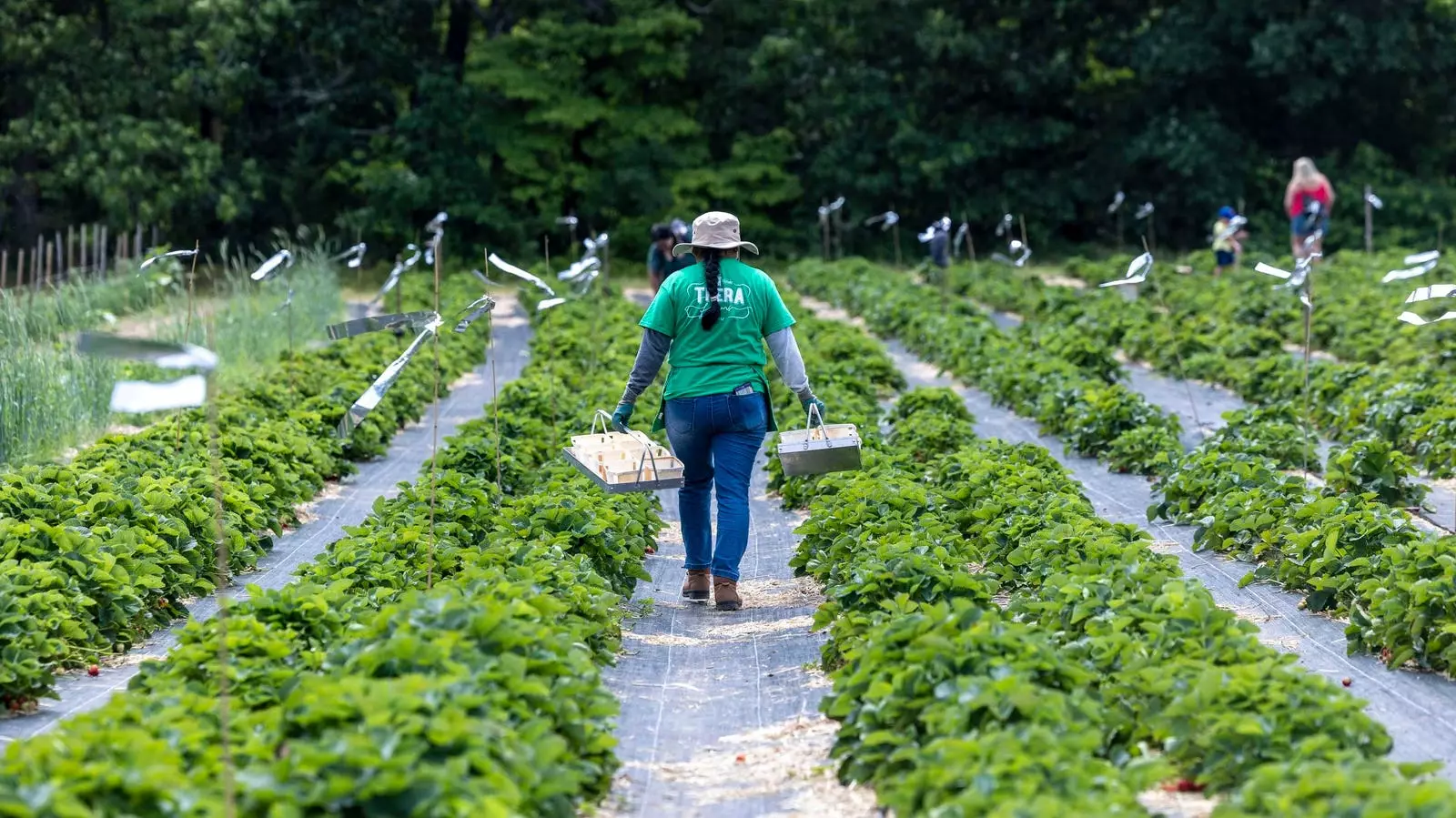As global challenges intersect in increasingly alarming ways, the complexities surrounding food insecurity have come to the forefront, unmasking the urgent need for comprehensive solutions. The harsh reality is that over 733 million people worldwide are currently suffering from hunger, a staggering statistic presented by the Food and Agriculture Organization (FAO) of the United Nations. This figure showcases not just an isolated issue of food shortage, but rather a broader crisis characterized by worsening climatic conditions, conflicts, and systematic inequities in food distribution and agricultural practices.
The repercussions of extreme weather events are compounded by the degradation of soil health—a silent crisis that exacerbates food scarcity. “Under our feet, all the time, soils are degrading,” shares Sieglinde Snapp, a leading voice from the Sustainable Agrifood Systems Program at CIMMYT. The deterioration of soil productivity is a critical threat to food systems, worsening the initial dilemmas posed by climate change and socio-political instability.
With World Food Day approaching on October 16, society is reminded of the pressing need to examine our agricultural systems’ state and sustainable practices. The theme this year, “Right to Foods for a Better Life and a Better Future,” aptly encapsulates the need for every individual to access nutritious and affordable food. Yet, achieving this ideal necessitates a radical shift in our approach to food systems.
Dr. Evan Fraser from the Arrell Food Institute highlights the idea of “cascading crises,” emphasizing that the issues surrounding food insecurity and agricultural practices are interlinked. Addressing these needs means creating diverse food systems that embrace not just a variety of crops but also a variety of perspectives. Snapp points out that “Diversity improves diets and livelihoods.” Ultimately, a call for diversity extends beyond crops to encompass human capital—bringing in voices from different genders, ethnicities, and socioeconomic backgrounds.
A critical aspect of inclusivity in food systems falls on the empowerment of women. As noted by Tom Pesek, Senior Liaison Officer at the FAO, women are often the backbone of food production yet face systemic barriers that limit their potential. Women farmers, who cultivate many nutritious crops that contribute to food security, could significantly alleviate hunger if they had equitable access to resources. Statistics suggest that women, if equipped similarly to men, could uplift as many as 100 million individuals from the grips of food insecurity.
Transforming the food system requires dismantling the societal structures that undervalue women’s contributions. Ensuring their access to education, land, financial services, and decision-making roles is not merely a moral obligation, but a practical necessity in the quest for sustainability in food systems.
Innovative approaches to agriculture bring potential solutions to these multifaceted challenges. Highlighting the role of “opportunity crops,” agricultural leaders like Dr. Cary Fowler advocate for resilient crops that can thrive in degraded soils, bolstering food security while enhancing biodiversity. However, for these initiatives to be successful, they must be coupled with structural changes and local engagement.
Empowering smallholder farmers is crucial to these changes, yet currently, they receive a mere 1.7 percent of global climate finance despite producing one-third of the world’s food supply, as pointed out by Jahan-Zeb Chowdhury, Global Lead of the Environment and Climate Cluster at IFAD. Bridging this financing gap is imperative for fostering sustainable agricultural practices that prioritize regeneration over mere production.
Recent initiatives illustrate the power of collective action in addressing these pressing concerns. Organizations such as Good Nature Agro in Zambia and the McKnight Foundation have begun to emphasize community-driven solutions, equipping farmers with tools to mitigate post-harvest losses and enhance sustainable farming practices. Such localized efforts not only address immediate challenges but foster a sense of ownership among producers.
As we look toward World Food Day, it serves as both a moment for reflection and an opportunity to galvanize action within our food systems. The Arrell Food Summit in Toronto, organized in collaboration with Food Tank and FAO, symbolizes this intent to inspire dialogues centered on empowering farmers and implementing effective solutions.
Moving toward a food system that genuinely nourishes everyone requires dismantling inequities, amplifying diverse voices, particularly those of women, and embracing innovative practices. While the journey is fraught with challenges, the conversations sparked on World Food Day can pave the way for a transformed food system in the near future—a system that celebrates diversity, equity, and sustenance for all.

